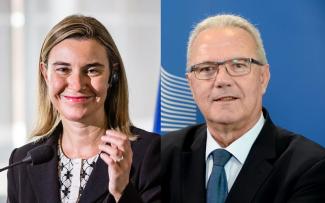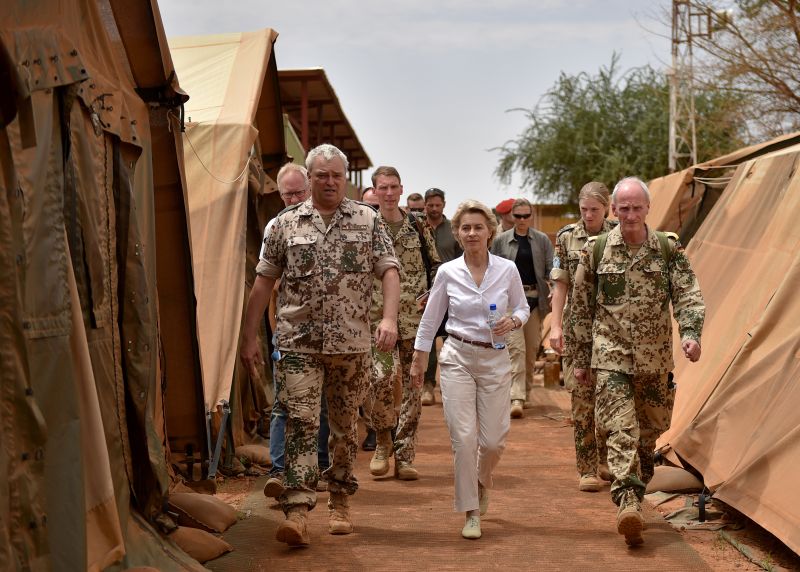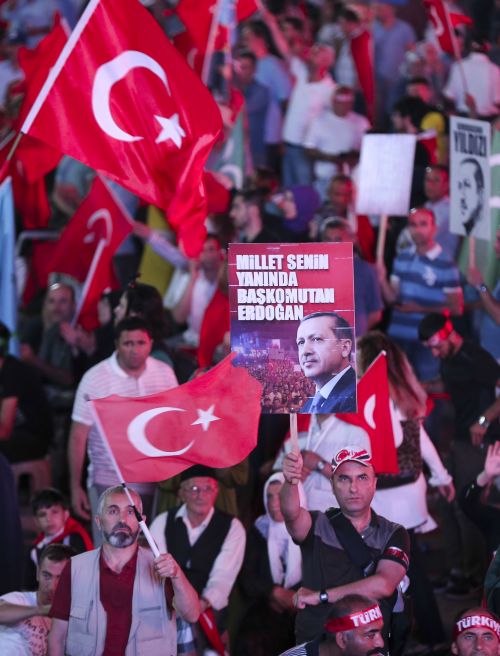Donor policy
Comprehensive approach

For some time, EU leaders have been speaking of a “Comprehensive Approach“. The term stands both for a method of working and a set of concrete measures to deal with situations of crisis and conflict. However, the Union and its foreign-affairs set up have proven too complex to fulfil the ambition so far. There are many different players – including 28 member governments that set priorities and run administrative bodies of their own. In a recent publication, Fernanda Faria of the European Centre for Development Policy Management (ECDPM), a think tank based in the Dutch town of Maastricht, writes that the players typically struggle to find consensus.
To improve matters, political will is needed, Faria states, and all EU institutions must be tied into the new policy. She reckons that the new Commission headed by Jean-Claude Juncker can make a difference in this regard. Since she wrote the paper, the Commission has taken over. Juncker has re-arranged its members’ jurisdictions and appointed more important commissioners to be his vice-presidents in order to improve team work.
The Lisbon Treaty of 2009 changed the basics of Europe’s common foreign policy. The European Foreign Service was newly established, and it is led by the high representative for foreign affairs and security policy. Federica Mogherini of Italy succeeded Catherine Ashton of Britain in this position in November. She is vice-president of the Commission and member of the powerful Council of the heads of state and government as well. The new commissioner for development affairs is Neven Mimica from Croatia, the successor of Andris Priebalgs from Lettland.
The ECPDM scholar appreciates the previously established principle of sharing information. Moreover, she points out a basic agreement on:
- shared analysis of the situation or challenge,
- common strategic vision,
- focus on prevention,
- mobilise the different strength and capacities of the EU,
- long-term commitments,
- link internal and external policies and action,
- make better use of the EU Delegations, as its embassies in other world regions are called, and
- more partnerships with other international and regional bodies.
Faria considers it a great challenge that there is no shared understanding of when exactly a common approach is needed – nor for what purpose. In principle, the EU members want a comprehensive approach to deal with “crises and conflicts in fragile states”, but there is no consensus on what a “crisis” or a “fragile state” is.
Moreover, there are two definitions of “comprehensive”. The first wants crisis management to happen in a coherent way; the second is about harmonising EU foreign policy in general. Both interpretations have their pros and cons,
Faria states, but she emphasises that it will always be difficult to coordinate all players within the EU. She adds that this problem is compounded by the fact that there can be no standard solution, since every crisis is different and requires specific responses.
According to the scholar, a pragmatic consensus involving all EU players must be found. The following aspects are said to matter:
- EU agencies and member states need shared analyses of crisis contexts,
- they need a shared, strategic vision,
- they must use instruments and administrative procedures flexibly, and
- they must rely on the Delegations more systematically.
Faria proposes the new Commission should draft an action plan for fulfilling the old aspirations of comprehensive and networked policy making. The persons who can make things happen are President Juncker and Vice-President Mogherini.
Sabine Balk
Link:
Faria, F., 2014: What EU Comprehensive Approach? Challenges for the EU action plan and beyond (Briefing Note 71). Maastricht: ECDPM.
http://ecdpm.org/wp-content/uploads/BN71-What-EU-Comprehensive-Approach-October-2014.pdf










